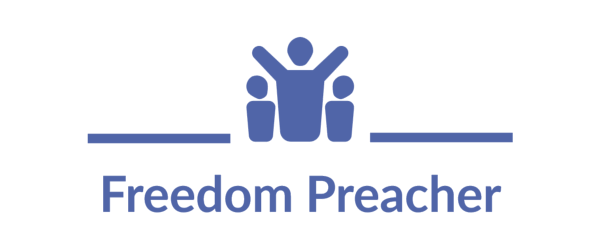I once worked as a sales engineer for a distributor of hydraulic equipment. My job was to visit potential customers, listen carefully to what they were hoping to accomplish, and then bring those requirements back to our office. There, I’d sit down with Vince, our company’s resident hydraulic engineer.
Vince was a semi-retired gentleman with decades of experience and a reputation for brilliance. He was the kind of expert who could look at a set of requirements and, almost instantly, sketch out a solution that was both elegant and practical. The other salesmen and I relied on Vince’s expertise constantly; he was, without question, a tremendous asset to our team.
But there was a catch. While Vince was exceptionally talented, he had what you might call a “blind spot” when it came to feedback. Because we salesmen were the ones who had met with the customers and understood the on-the-ground realities, sometimes we needed to question or tweak aspects of Vince’s proposed solutions. Maybe a piece of equipment wouldn’t fit in the available space, or the customer had a unique constraint Vince hadn’t considered.
That’s when things got tricky. The moment anyone challenged even a small part of his design, Vince would grow defensive—sometimes even angry. It didn’t matter how tactfully we raised the issue or how much we acknowledged his expertise; he saw any questioning as a personal affront. Instead of a collaborative problem-solving session, the conversation would often grind to a halt, with Vince digging in his heels and refusing to consider alternatives.
It didn’t take long for the sales team to realize we had to tread carefully. We developed strategies for “walking on eggshells” around Vince, couching our suggestions in layers of praise or sometimes avoiding the conversation altogether. The irony was obvious to all of us: here was a man whose knowledge could help us all succeed, but his ego made it harder for us to work together effectively.
Looking back, it’s clear that Vince’s defensiveness didn’t just make our jobs more stressful—it probably cost us time, money, and goodwill with customers. If he had been willing to see feedback as an opportunity rather than a threat, we all would have benefited. It was a powerful lesson in how ego, even in the most talented among us, can get in the way of getting along—and getting things done right.


